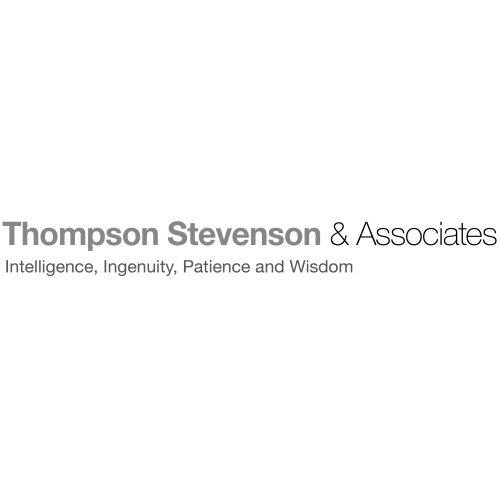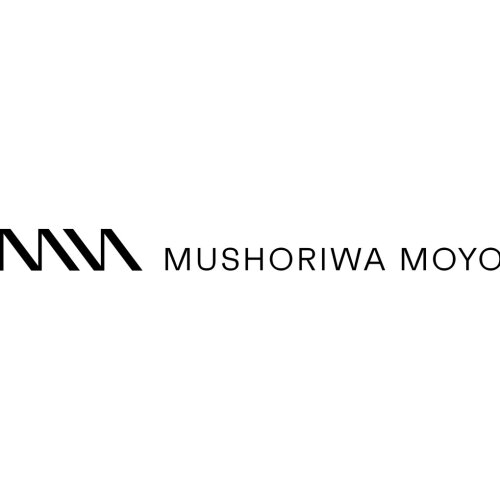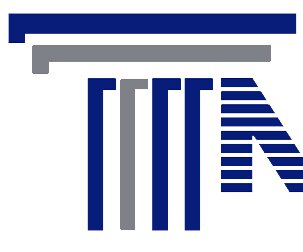Best Civil & Human Rights Lawyers in Harare
Share your needs with us, get contacted by law firms.
Free. Takes 2 min.
List of the best lawyers in Harare, Zimbabwe
About Civil & Human Rights Law in Harare, Zimbabwe
Civil and Human Rights law in Harare, Zimbabwe centers on ensuring that every individual's fundamental rights and freedoms are respected, protected, and fulfilled. These rights include, but are not limited to, the right to life, freedom from torture and degrading treatment, freedom of expression, and non-discrimination. The Constitution of Zimbabwe, particularly the Declaration of Rights, serves as the roadmap for understanding one's rights and the legal mechanisms available for their protection.
Why You May Need a Lawyer
There are various situations where individuals in Harare may require legal help relating to Civil and Human Rights. Common scenarios include experiencing discrimination, unlawful detention, or needing to address violations such as freedom of speech suppression. Additionally, individuals may require assistance navigating complex bureaucratic processes when their rights are infringed upon or when advocating for social justice causes.
Local Laws Overview
The legal framework in Zimbabwe, including Harare, is heavily influenced by the Constitution, which lays out the fundamental rights and protections for all citizens. Key laws relevant to Civil and Human Rights include the Zimbabwe Human Rights Commission Act, which establishes the Zimbabwe Human Rights Commission, and the Legal Aid Act, which provides for legal aid to those who cannot afford a lawyer. Awareness of these laws and how they operate in practice is essential for understanding and asserting one's rights.
Frequently Asked Questions
What are my fundamental rights as a citizen of Harare, Zimbabwe?
Your fundamental rights include the right to equality, freedom from discrimination, the right to human dignity, and personal security, among others protected under the Zimbabwean Constitution.
Where can I report a violation of my civil rights?
You can report a violation to the Zimbabwe Human Rights Commission or seek assistance from legal NGOs or other human rights organizations based in Harare.
How does the Zimbabwe Human Rights Commission help?
The Commission is responsible for promoting and protecting human rights and freedoms in Zimbabwe. It investigates violations and provides recommendations to address them.
Can I defend myself in court for rights violations?
Yes, you can represent yourself. However, hiring a lawyer is advisable as legal proceedings can be complex, and professional guidance may greatly influence the outcome.
What is the role of non-governmental organizations in Civil Rights?
NGOs play a critical role in advocating for human rights, providing legal assistance, raising awareness, and lobbying for policy changes to improve rights protection.
How does the local legal aid system work?
The Legal Aid Act provides mechanisms for individuals who cannot afford legal services to receive assistance. This helps ensure access to justice for all, regardless of economic status.
Are children’s rights addressed under Zimbabwean law?
Yes, children’s rights are protected under the Constitution and the Children's Act, focusing on health, education, and protection from abuse.
What should I do if I face discrimination at work?
Document the incidents and report them to your employer. If unresolved, seek legal advice from a lawyer specializing in employment rights or consult a relevant NGO for support.
Is freedom of speech protected in Harare?
Freedom of speech is protected under the Constitution, though there are some legal restrictions in place, particularly concerning hate speech and national security.
What is my right to privacy in Zimbabwe?
The right to privacy is guaranteed under the Constitution, protecting against unlawful searches and seizure, though certain exceptions apply for security or law enforcement reasons.
Additional Resources
For additional information and assistance, consider reaching out to the following organizations:
- Zimbabwe Human Rights Commission
- Zimbabwe Lawyers for Human Rights
- Legal Resources Foundation
- Amnesty International Zimbabwe
These resources offer support ranging from legal advice to advocacy and education on civil and human rights issues.
Next Steps
If you believe your civil or human rights have been violated, it is crucial to take prompt action. Begin by documenting all relevant details and seeking guidance from a qualified lawyer who specializes in civil and human rights law. Consider contacting local resources like the Zimbabwe Human Rights Commission or NGOs dedicated to civil and human rights. Remember that early intervention is often key to resolving such matters efficiently and effectively.
Lawzana helps you find the best lawyers and law firms in Harare through a curated and pre-screened list of qualified legal professionals. Our platform offers rankings and detailed profiles of attorneys and law firms, allowing you to compare based on practice areas, including Civil & Human Rights, experience, and client feedback.
Each profile includes a description of the firm's areas of practice, client reviews, team members and partners, year of establishment, spoken languages, office locations, contact information, social media presence, and any published articles or resources. Most firms on our platform speak English and are experienced in both local and international legal matters.
Get a quote from top-rated law firms in Harare, Zimbabwe — quickly, securely, and without unnecessary hassle.
Disclaimer:
The information provided on this page is for general informational purposes only and does not constitute legal advice. While we strive to ensure the accuracy and relevance of the content, legal information may change over time, and interpretations of the law can vary. You should always consult with a qualified legal professional for advice specific to your situation.
We disclaim all liability for actions taken or not taken based on the content of this page. If you believe any information is incorrect or outdated, please contact us, and we will review and update it where appropriate.
Browse civil & human rights law firms by service in Harare, Zimbabwe
Harare, Zimbabwe Attorneys in related practice areas.
















